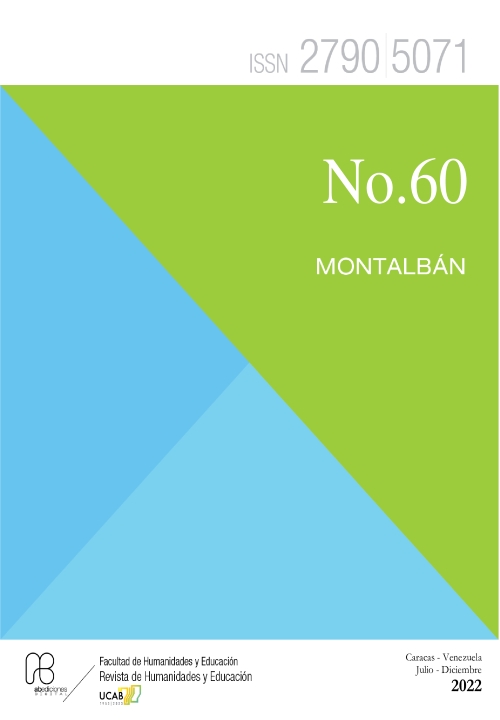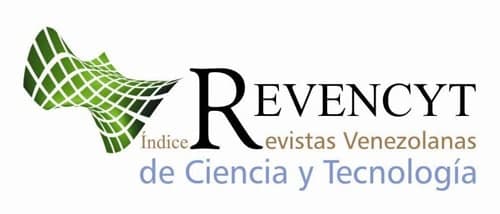Possessions in struggle: for a plausible theory of maritime sovereignty in the Caribbean during the sailing era
DOI:
https://doi.org/10.62876/rm.v1i60.5823Keywords:
Possession, sovereignty, dominion, navigation, CaribbeanAbstract
The work deals with the problem of deceptive possessions of the sea compared to traditionally accepted concept of possession of the land, under a new amplifying vision of the possible sovereignty generated there, as changing as the variable maritime possession in which winds and currents allowed or denied repeating tours and cruises. To this end, these pages explain who could posses the sea of the northern mainland, where New Granada and the Venezuelan provinces disputed the Guajira peninsula and later the Gulf of Venezuela, despite the oceanic ruling in favor of the Eastern Land of Grace and the conceptual variability of sovereignty. With this objective, foreign naval intervention is reviewed, together with Dutch penetration, the structural problem of the Spanish metropolis, the relative and inconsistent maritime dominance influenced by smuggling, and the Caribbean confrontation of the European Thalassocratic powers (140 words).
Downloads
References
Licenciado en Ciencias Sociales (U.C.A.B. 1978), magíster en Literatura Latinoamericana (U.S.B. 1987), doctor en Historia (Universidad de Sevilla, 1995). Profesor asociado, Escuela de Idiomas Modernos y Departamento de Humanidades, Universidad Metropolitana (1982-1996). Profesor titular jubilado, Departamento de Ciencias Sociales, Universidad Simón Bolívar (1997-2015). Profesor visitante, Universidad Metropolitana (2017-2021).ResumenEl trabajo trata el problema de la engañosa posesión del mar frente al concepto tradicionalmente aceptado de posesión de la tierra, bajo una nueva visión amplificadora de la posible soberanía allí generada, tan cambiante como la variable posesión marítima en la cual vientos y corrientes permitían o negaban la repetición de recorridos y cruceros. Para ello expone quién pudo poseer el mar de la Tierra Firme septentrional, donde Nueva Granada y las provincias venezolanas disputaron la península de la Guajira y posteriormente el golfo de Venezuela, a pesar de la sentencia oceánica a favor de la Tierra de Gracia oriental y de la variabilidad conceptual de la soberanía. Con este objetivo repasa la intervención naval extranjera, la penetración holandesa, el problema estructural de la metrópoli española, el relativo e inconstante dominio marítimo influido por el contrabando, y el enfrentamiento caribeño de las potencias talasocráticas europeas. (146 palabras).Palabras clave:Posesión, soberanía, dominio, navegación, Caribe.
J. M. Herrera y M. Chapanoff, “Regional Maritime Context and the Maritorium: ALatin American Perspective on Archeological Land and Sea Integration”, J. Mari Arch 12 (2017): 163-178. https: //doi.org/10.1007/s11457-017-9191-x DOI: https://doi.org/10.1007/s11457-017-9191-x
Juan Luis Suárez de Vivero, El nuevo orden oceánico: consecuencias territoriales, (Sevilla: Junta de Andalucía-Dirección General de Ordenación del Territorio, 1985), 116.
Downloads
Published
Versions
- 2022-11-14 (3)
- 2022-11-14 (2)
- 2022-11-01 (1)





